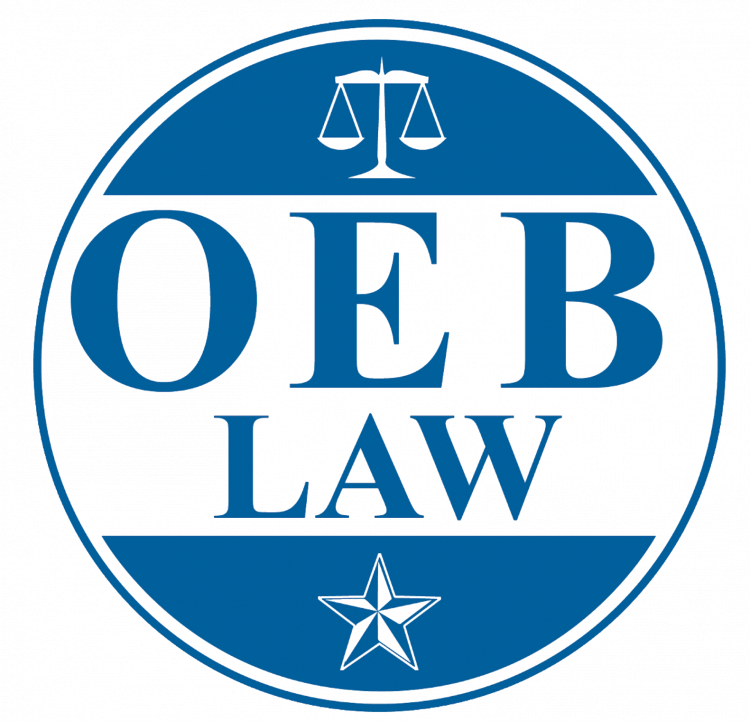Contributory negligence and comparative responsibility are legal doctrines used when determining fault in a car accident claim. These principles determine how much compensation drivers who file insurance claims can receive for damages resulting from a car accident.
What Are the Differences Between Contributory Negligence and Comparative Responsibility?
Understanding the difference between contributory negligence and comparative responsibility in a car accident claim are important.
Comparative responsibility (also known as comparative fault) allows a driver to receive compensation, even if the driver may have had some fault in causing the accident.
On the other hand, contributory negligence does not allow an injured driver to recover damages if the driver’s negligence contributed to the car accident in any way—even if the driver was found 1 percent at fault for causing the accident.
Because of the complications these legal doctrines can bring to a car injury accident case, speak to a car accident lawyer before filing an injury claim. If an insurance company applies either doctrine to your claim, you may get a reduced amount of compensation or none at all.
How Does Contributory Negligence Prevent a Driver from Receiving Compensation?
This “all-or-nothing” legal doctrine presumes that the injured driver, called the “plaintiff” in a personal injury claim, did not exercise reasonable care to avoid contributing to the accident. In other words, contributory negligence contends the plaintiff joined in with the other driver’s negligence to cause the plaintiff’s injury.
For example, if your signal light turned green and you started driving through an intersection while reading a text message, and you failed to see a car that ran a red light, and an accident occurred, you would not be able to recover damages. Distracted driving contributed to the accident. Contributory negligence may prevent you from recovering damages if you suffered injuries in the accident.
Does Comparative Responsibility Prevent Drivers from Receiving Compensation?
It depends on the type of comparative responsibility applied to a car wreck. For instance, modified comparative responsibility has a “50-percent rule.” This rule allows plaintiffs who are 49 percent or less at fault for contributing to an accident to recover damages. If the plaintiff is 50 percent or more at fault for causing an accident, the plaintiff cannot recover compensation.
Some states used “pure comparative responsibility” which does not bar a plaintiff from receiving damages regardless of that plaintiff’s percentage of fault. However, the plaintiff’s damages reduce by the plaintiff’s degree of fault. For instance, a plaintiff with $30,000 in damages who is 90 percent at fault for an accident can still recover $3,000 in damages.
Which Legal Doctrine Does Tennessee Use in Car Accidents?
Tennessee uses a modified comparative responsibility system where drivers can recover damages if they are 49 percent or less at fault for causing an accident. For example, if damages from your car wreck totaled $60,000, but you were 20 percent at fault for the crash, your damages would be $12,000 or 20 percent. This means you would receive $48,000 for your damages.
Who Determines a Driver’s Percentage of Fault in a Tennessee Accident?
Insurance companies can determine percentages of fault. If an insurance claim cannot be settled, the injured driver may file a lawsuit and take the matter to court. In this instance, a judge or a jury will determine a driver’s percentage of fault in an accident.
Since Tennessee is a “fault state” when it comes to car accidents, the party found responsible for a car wreck-and the party’s auto insurance company—must pay for damages resulting from the crash.
Will I Be Assigned a Percentage of Fault If I Was Injured but Did Not Cause the Accident?
If you believe you did not cause an accident, you must show that the other driver’s negligence caused the crash that resulted in your injuries. You can do this by collecting evidence, such as a police report of the crash, a surveillance video of the crash, and eyewitness statements.
The car accident lawyers at the Law Offices of Ogle, Elrod & Baril PLLC can help you build a strong claim by collecting evidence that holds the other driver legally liable for your injuries and other damages. Without proof of negligence and the driver admitting fault for the crash, you may not receive compensation for your damages.
Let Us Help You Recover the Compensation You Deserve from an Accident
The Law Offices of Ogle, Elrod & Baril PLLC handles all aspects of insurance claims. We can file an injury claim on your behalf and negotiate a settlement with the insurance company.
We work on a contingency basis in car accident cases. This means that you do not pay us unless we win compensation in your case. For a free legal consultation with one of our car accident lawyers, call us today at 1-865-546-1111.

